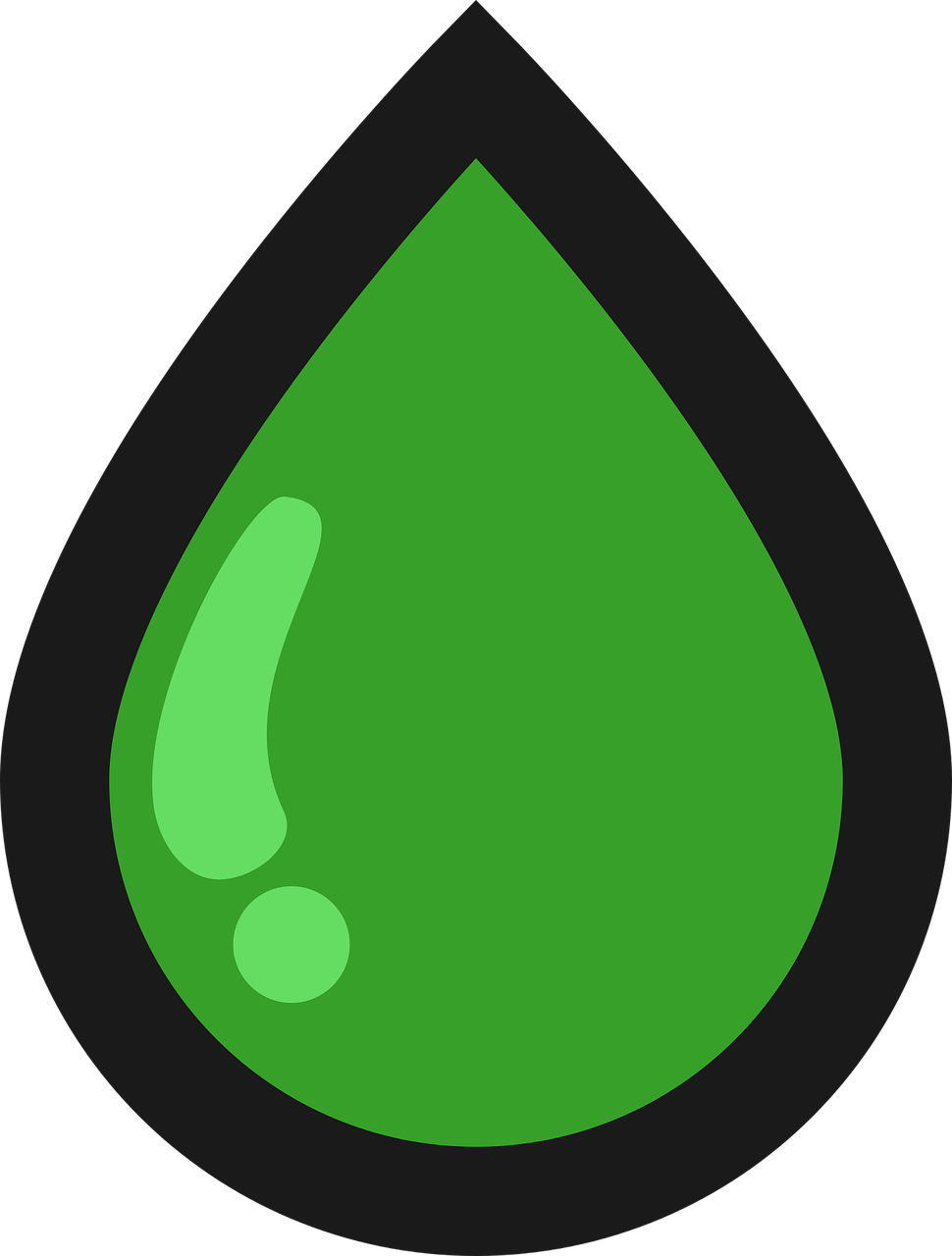Key Takeaways
- HHC Blüten, also known as Hexahydrocannabinol, are a chemical compound found in the hemp plant.
- HHC is often referred to as “Cannabis Light” because it has similar effects to THC but does not produce a “high.”
- CBD Blüten, or Cannabidiol, is another non-psychoactive cannabinoid derived from hemp.
- CBD is well-established and researched, while HHC is still relatively new and less studied.
- Both HHC and CBD can be used for pain, anxiety, and stress relief.
Introduction
When it comes to exploring the world of cannabinoids, two terms that often come up are HHC and CBD Blüten. These compounds, derived from the hemp plant, have gained popularity for their potential therapeutic benefits. While CBD has been extensively studied and is widely known, HHC is a newer player in the market. In this article, we will delve into the differences between HHC and CBD Blüten, their effects, and their potential uses.
The Difference Between HHC and CBD Blüten
HHC Blüten, or Hexahydrocannabinol, is a chemical compound found in the hemp plant. It is often referred to as “Cannabis Light” because it shares similarities with THC, the psychoactive compound in cannabis, but does not produce the same intoxicating effects. HHC is believed to have potential therapeutic benefits, including pain relief, anxiety reduction, and stress management. However, due to its relatively recent emergence, there is limited scientific research on its effects and long-term safety.
The Rise of HHC Blüten
In recent years, HHC Blüten have gained popularity as a potential legal alternative to THC. Many individuals are seeking the benefits of cannabis without the psychoactive effects. HHC is seen as a promising option, as it is legal in many countries and does not require a prescription. However, it is important to note that regulations surrounding HHC may vary from country to country, so it is essential to familiarize yourself with the laws in your specific location.
Understanding CBD Blüten
CBD Blüten, or Cannabidiol, is another non-psychoactive cannabinoid derived from the hemp plant. Unlike HHC, CBD has been extensively studied and is well-known for its various therapeutic properties. CBD is commonly used for pain management, reducing inflammation, alleviating anxiety and depression, and promoting overall well-being. It is available in various forms, including oils, tinctures, capsules, and topicals, making it accessible to a wide range of individuals seeking its benefits.
Uses and Benefits of HHC and CBD Blüten
Both HHC and CBD Blüten have potential uses and benefits, although the research on HHC is still in its early stages. HHC is believed to have similar effects to THC, such as pain relief and relaxation, without the psychoactive high. Some individuals may prefer HHC as a legal alternative to THC, especially in regions where THC is not yet legalized. However, it is crucial to consult with a healthcare professional before using HHC or any other cannabinoid for therapeutic purposes.
Key Takeaway: Potential Uses of HHC Blüten
– Pain relief: HHC may have analgesic properties and can potentially help manage chronic pain conditions.
– Anxiety and stress reduction: HHC may promote relaxation and help alleviate symptoms of anxiety and stress.
– Sleep aid: Some individuals report improved sleep quality and reduced insomnia symptoms with HHC use.
– Appetite stimulation: HHC may have appetite-enhancing effects, making it potentially beneficial for individuals with appetite loss or eating disorders.
– Anti-inflammatory properties: HHC may help reduce inflammation and associated symptoms.
Key Takeaway: Potential Uses of CBD Blüten
– Pain management: CBD is widely used for its analgesic properties and can help alleviate various types of pain, including chronic pain conditions.
– Anxiety and depression relief: CBD has shown promise in reducing symptoms of anxiety and depression, making it a popular choice for individuals seeking natural alternatives to traditional medications.
– Anti-inflammatory effects: CBD has potent anti-inflammatory properties and can help reduce inflammation in the body, potentially benefiting individuals with inflammatory conditions.
– Neuroprotective properties: CBD has been studied for its potential neuroprotective effects and may have therapeutic applications in neurodegenerative disorders.
– Skin health: CBD topicals are commonly used for their anti-inflammatory and soothing effects on the skin, making them beneficial for individuals with skin conditions such as acne, eczema, and psoriasis.
Conclusion
In conclusion, HHC and CBD Blüten are two distinct compounds derived from the hemp plant, each with its own potential uses and benefits. While CBD is a well-established cannabinoid with extensive research supporting its therapeutic properties, HHC is a newer player in the market, with limited scientific studies available. Both HHC and CBD can be used for pain relief, anxiety reduction, and stress management, but it is essential to consult with a healthcare professional before incorporating them into your wellness routine. As the field of cannabinoid research continues to evolve, more information will become available, shedding light on the potential benefits and risks associated with these compounds.



